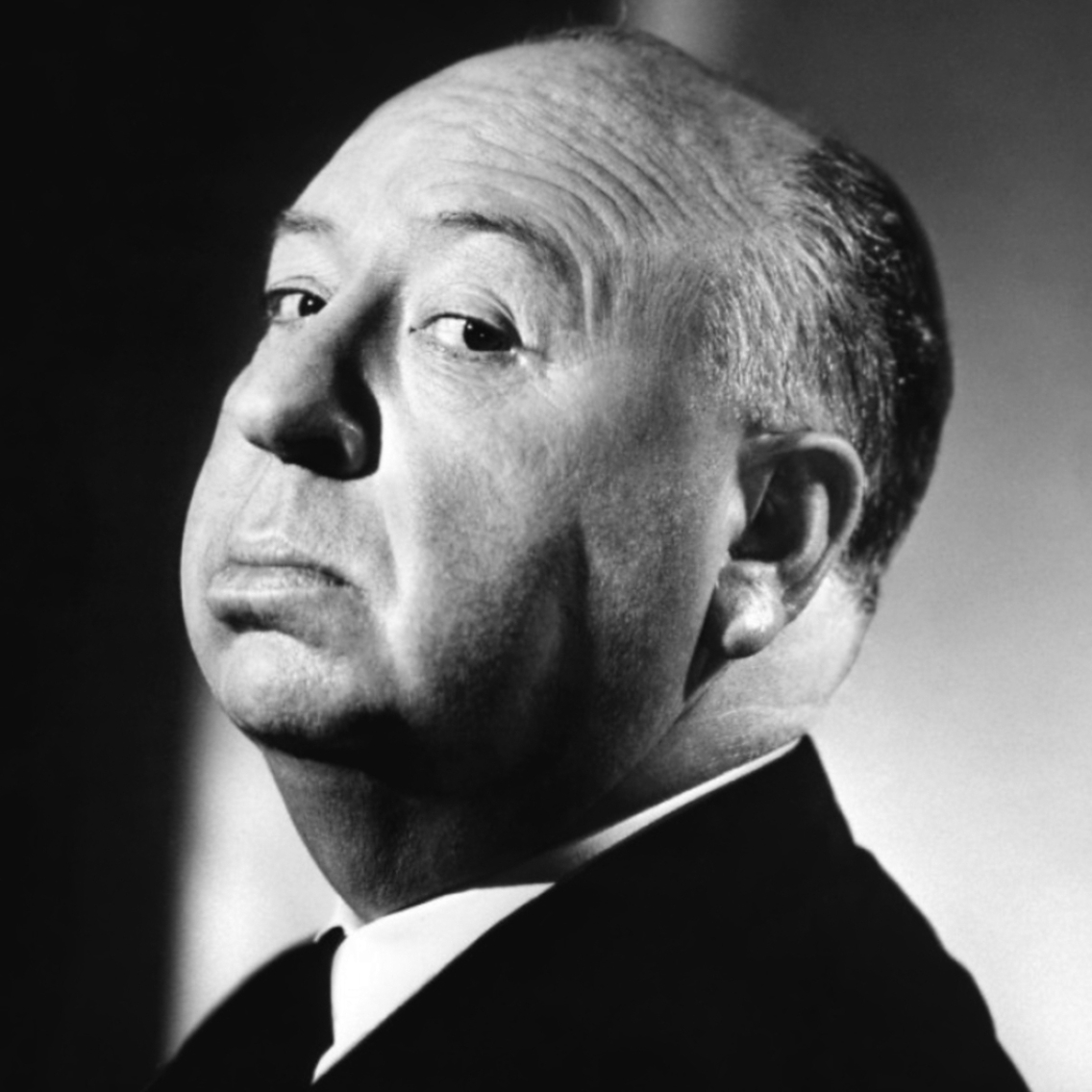Will DiGravio ’19 Finds Hitchcock Lives On in Archives

Fourteen months ago, I walked out of Dana Auditorium after having seen Alfred Hitchcock’s Rebecca (1940) for the first time and felt as though my heart was about to hop out of my chest. The visceral reaction I had to the movie was the first time I felt absolutely sure of my decision to declare a major in film and media culture.
Two weeks ago, I, in a way, spent a week on the set of Rebecca with Alfred Hitchcock, by digging through his papers at the Academy of Motion Picture Arts and Sciences Margaret Herrick Library in Los Angeles. Among the many documents detailing the production of Rebecca was a scrapbook, which included a note that read: “We saw Rebecca last night. You certainly did a magnificent job. In fact, it was so brilliant we had to write you and let you know.” It is nice to know that Carole and Clark Gable felt the same way about the film as I do.
Rebecca was one of 22 Hitchcock films I watched as a member of Professor John Bertolini’s Cinema of Alfred Hitchcock class in the fall of 2017. In every single one of those films, one gets a glimpse into the man who made them. My week with his papers only enhanced my sense of who Hitchcock was.
For example, his extreme attention to detail came through in a series of memos produced during the time he made Dial ‘M’ for Murder (1954). One such memo ordered the creation of a soundtrack of London car horns, because Hitchcock “feels that English traffic noises are different from the American ones.”
One of my favorite films is To Catch a Thief (1956), starring Cary Grant and Grace Kelly, and shot on location in the French Riviera. It is as wonderful as it sounds. There’s a scene in which Grant, who plays a retired jewel thief named John Robie, escapes from the police via speedboat. After swimming ashore, the tanned and shirtless Grant then walks up the beach and lies down in the sand. (You can watch it
.)
It was not until I sat in the library and read an original copy of the script that I considered the moment in a meaningful way. As I read the words—“Robie finds an open spot on the beach, and reclines on the sand. He stares at the sky once more”—behind the deceptively simple scene, I realized just how often we take for granted the beautiful thing the cinema does: turn ink into life.
Will DiGravio ’19 is a film and media culture major from Plymouth, Massachusetts. He received the Kellogg Fellowship in the Humanities, which provided funding for his week at the Hitchcock archive. He is writing a senior thesis about Alfred Hitchcock.


